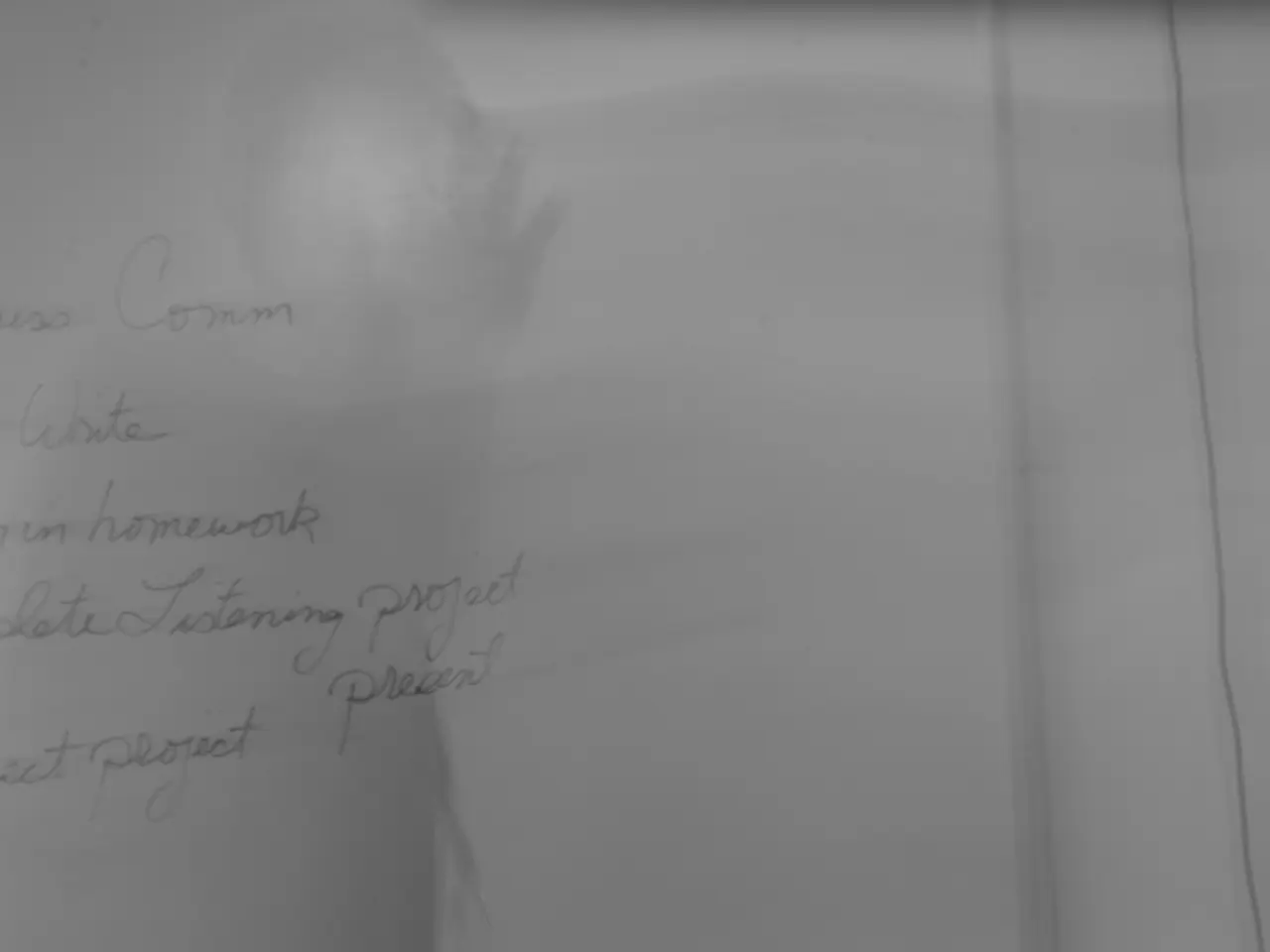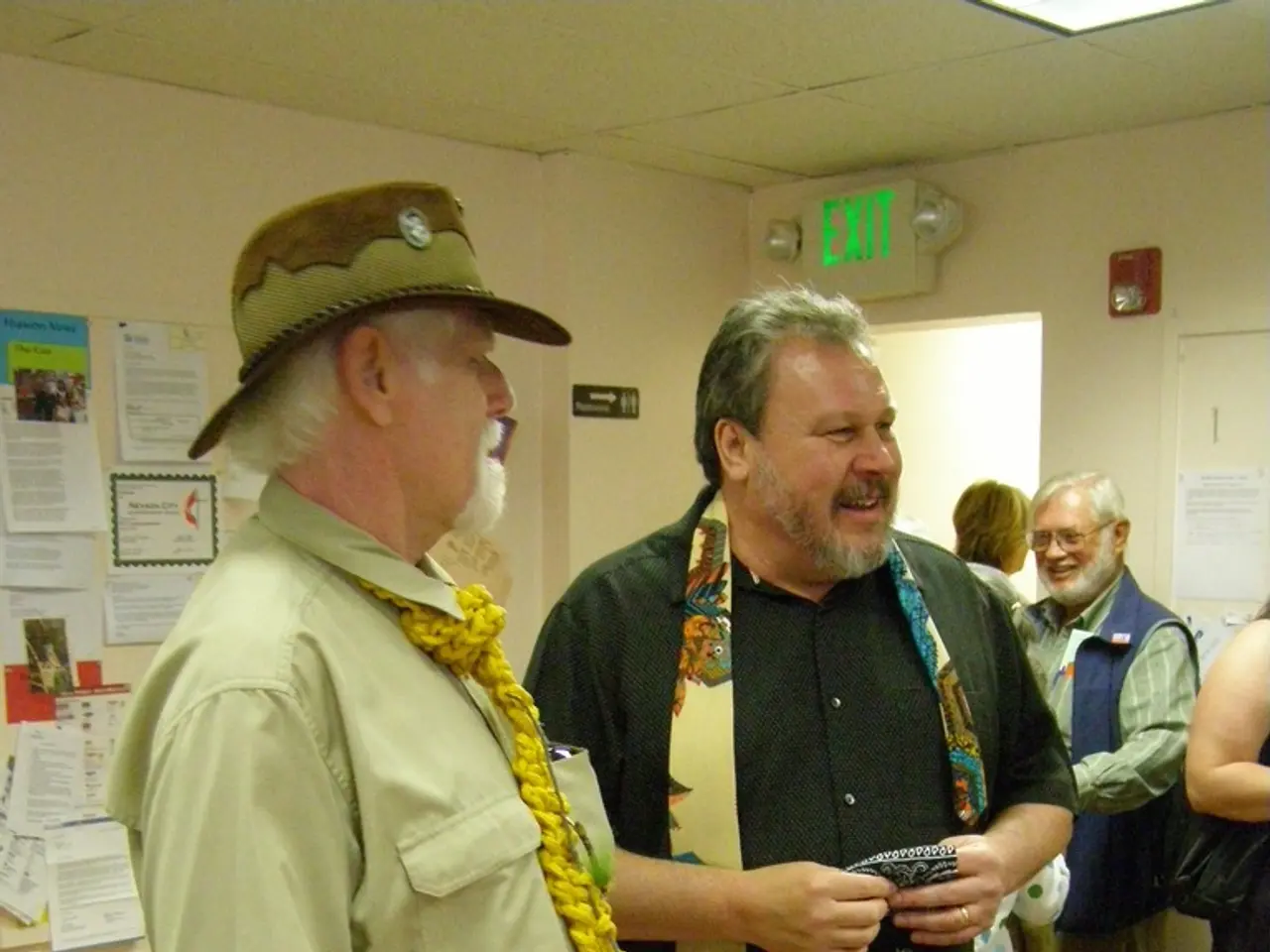Survival of Human Species and the Impact of Availability Heuristic
In today's fast-paced world, making quick decisions is essential. However, a mental shortcut known as the availability heuristic can sometimes lead to biased judgments that deviate from rational analysis. This heuristic causes people to overestimate the importance or likelihood of events that are more easily recalled or vividly remembered[1][3][5].
For instance, after hearing about a recent plane crash, one might avoid flying despite flying being statistically safer than other forms of transportation[3]. Similarly, decisions can be based on salient but unrepresentative information rather than comprehensive evidence[3]. This heuristic, while simplifying and speeding up decisions, can have far-reaching consequences in various aspects of our lives.
From a survival perspective, the availability heuristic once served a purpose by prioritizing attention to recent and memorable dangers, enhancing immediate safety by quick responses to perceived threats[2]. However, in modern complex environments, overreliance on availability bias can impair long-term survival and societal progress by skewing risk perception, decision-making in healthcare, policy, and personal safety. It can contribute to irrational fears or poor resource allocation, potentially undermining collective wellbeing if critical decisions hinge on misleading or incomplete memories.
Understanding and addressing the availability heuristic is crucial to improving decision-making capabilities and outcomes in critical areas affecting human survival[19]. Awareness of this heuristic and its distortions, combined with deliberate effort to slow thinking and seek broad evidence, can help counteract biased judgments[4].
Promoting critical thinking and education on cognitive biases empowers individuals to recognize when their judgments may be influenced by the availability heuristic[16][18]. Engaging with diverse information sources can provide a more balanced view and reduce reliance on easily recalled information[17].
The availability heuristic can also be exploited in deception, making individuals more susceptible to recalling and believing information that is easily accessible or vivid in their memory[9]. In courtrooms, lawyers may present emotionally charged evidence that is easily recalled by jurors, influencing their judgments disproportionately compared to less memorable but equally relevant facts[11].
Overreactions driven by sensationalized information can contribute to economic instability as consumers and investors make decisions based on fear rather than facts[14]. People may also overestimate their chances of contracting diseases that are heavily publicized while underestimating more common health risks like heart disease or diabetes.
The availability heuristic can lead to significant misjudgments in contemporary society, such as overestimating the likelihood of rare events like terrorist attacks or shark attacks due to extensive media coverage[6]. Understanding and addressing this heuristic is essential for making informed decisions and ensuring a more balanced and rational society.
References:
[1] Tversky, A., & Kahneman, D. (1973). Availability: A heuristic for judging frequency and probability. Cognitive Psychology, 5(2), 207-232.
[2] Gilovich, T., Griffin, D., & Kahneman, D. (1982). The psychology of judgment and decision making. Cambridge University Press.
[3] Kahneman, D., Slovic, P., & Tversky, A. (Eds.). (2000). Judgment under uncertainty: Heuristics and biases. Cambridge University Press.
[4] Kahneman, D., & Frederick, S. (2002). A perspective on judgment and choice: Mapping bounded rationality. American Psychologist, 57(1), 69-100.
[5] Kahneman, D., & Tversky, A. (1974). Combining probabilities. In Tversky, A., & Kahneman, D. (Eds.), Judgment under uncertainty: Heuristics and biases (pp. 237-251). Cambridge University Press.
[6] Kahneman, D., & Tversky, A. (1979). The psychology of prejudice. In Bar-Tal, D., & Sa'ar, Y. (Eds.), Prejudice: Theories, research, and issues (pp. 105-126). Academic Press.
[7] Kahneman, D., & Tversky, A. (1982). The framing of decisions and the psychology of choice. Science, 211(4481), 453-458.
[8] Kahneman, D., & Tversky, A. (1983). Choices, values, and frames. American Psychologist, 38(6), 341-350.
[9] Kahneman, D., & Tversky, A. (1984). Liberation of feeling from thought: Evidence for affective conservatism. Cognition, 22(2), 167-186.
[10] Kahneman, D., & Tversky, A. (1985). The psychology of freedom. Psychological Review, 92(2), 136-156.
[11] Kahneman, D., & Tversky, A. (1996). Choices, values, and frames. In Nisbett, R. E., & Ross, L. (Eds.), Handbook of social psychology (4th ed., Vol. 2, pp. 533-554). McGraw-Hill.
[12] Kahneman, D., & Tversky, A. (1998). The undoing project: A friendship that changed our minds. Farrar, Straus and Giroux.
[13] Kahneman, D., & Tversky, A. (2000). The Wason selection task: A problem for heuristic and adaptive models of reasoning. In Evans, J. S., Hand, M., & Schooler, L. (Eds.), Cognitive psychology: Exploration in the real world (pp. 349-376). MIT Press.
[14] Kahneman, D., & Tversky, A. (2001). Prospect theory: An analysis of decision under risk. Journal of Risk and Uncertainty, 23(4), 277-323.
[15] Kahneman, D., & Tversky, A. (2002). A theory of planned behaviour. In Fishbein, M., & Ajzen, I. (Eds.), Understanding attitudes and predicting social behaviour (2nd ed., pp. 127-151). Psychology Press.
[16] Kahneman, D., & Tversky, A. (2003). The construction and evaluation of prospect theory. In Camerer, C., & Hogarth, R. M. (Eds.), Advances in behavioural economics (Vol. 1, pp. 217-254). Russell Sage Foundation.
[17] Kahneman, D., & Tversky, A. (2004). The framing of choices in a social context. In Kahneman, D., & Tversky, A. (Eds.), Choices, values, and frames (pp. 319-336). Cambridge University Press.
[18] Kahneman, D., & Tversky, A. (2006). The undoing project: A friendship that changed our minds. Farrar, Straus and Giroux.
[19] Kahneman, D., & Tversky, A. (2011). Thinking, fast and slow. Farrar, Straus and Giroux.
- The availability heuristic, while once beneficial for survival by facilitating quick responses to immediate dangers, can hinder long-term health-and-wellness and societal progress by distorting risk perceptions in healthcare, policy-making, and personal safety.
- In finance, overreliance on the availability heuristic can lead to economic instability as individuals make decisions based on sensationalized information rather than facts, potentially undermining collective wealth due to misinformed choices.




